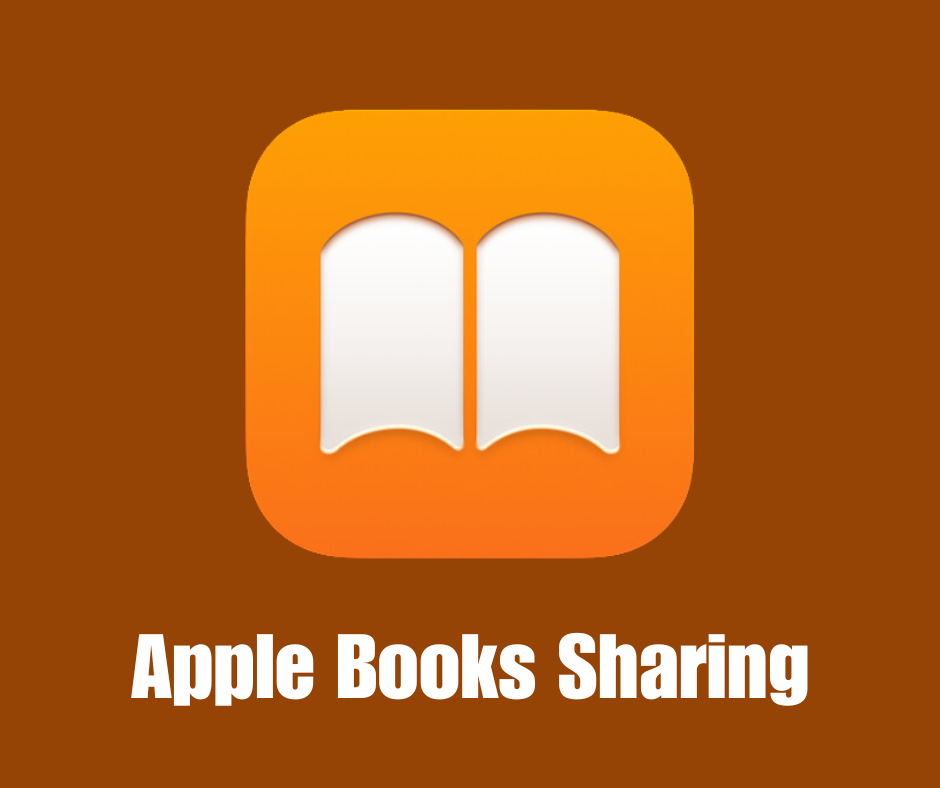
Writing
Introduction
Many important things in human history can be traced to that well-written and well-delivered speech. As long as they are well thought out, speeches can move countries or touch hearts. This is why we should all try to get good at making and speech writing.
But “speech” is often too broad and general of a word. That’s why in this blog post, we will look at what speech writing is and the different kinds of speeches.
What is speech writing?
Speech writing is the art of writing a clear, concise, and easy-to-understand speech. For more insights into effective writing, explore 8 Tips for Writing Short Film Scripts That Connect. It is a way to communicate your ideas to an audience in a persuasive, informative, or entertaining way.
When writing a speech, it is important to consider the purpose of the speech, the audience, and the topic. The speech should be tailored to the audience’s needs and interests. It should also be well-organized and easy to follow.
Many different types of speeches can be written, including informative, persuasive, and entertaining speeches. Discover more about the art of narrative in Fiction vs. Non-Fiction. Each type of speech has its purpose and should be written accordingly.
Different kinds of speech writing
Even though the main goal of a speech is to get the point across, we can still divide them into 4 main types: entertaining, informing, demonstrating, debating and persuading.
Although you don’t need to always write a speech yourself, you can hire a ghostwriter or a speech writing services provider to do it for you. But even then, you must know these different types of speeches to understand what you are delivering better.
Entertaining Speech
Entertaining speeches are fun and funny speeches that make people laugh. They are often used at special events, like weddings, awards ceremonies, and birthday parties. For more on creating memorable events.
Entertaining speeches use humor, stories, and personal experiences to entertain the audience, much like the engaging tales found in Most Prestigious Book Awards. They are usually less formal than other types of speeches and often use slang and informal language.
Some examples of entertaining speeches include:
- The acceptance speech at an awards ceremony
- The principal gave the speech at a school assembly
Entertaining speeches can be a great way to break the ice at a party or to make people feel more comfortable. They can also be a way to share personal stories and connect with the audience personally.
Informative Speech
Informative speeches are used to teach people about something. They differ from persuasive speeches because they do not try to convince people. They want people to believe or do something, but they simply provide information.
You have often seen your teachers give these types of speeches in schools. Often, they are used in businesses and other organizations as They can be about any topic, like how to improve your branding and publicity or sales, etc.
But they are usually about something new (like a change in numbers in business), (innovative processes) or unfamiliar.
You must research and gather information about your topic to write an informative speech, and for guidance on gathering and organizing your thoughts, consider How to Write a Personal Statement. You also need to organize your information in a way that is easy for the audience to understand.
When you give an informative speech, it is important to be clear and concise. You should avoid jargon or technical terms the audience may not understand. You should also use visuals, such as charts and graphs, to help illustrate your points.
Here are some examples of informative speeches:
- A teacher giving a lecture on the solar system
- A doctor giving a presentation on a new medical treatment
- A business leader giving a speech about the company’s new product
Informative speeches can be a great way to share information and knowledge. They can also be a way to help people learn new things and to expand their understanding of the world.
Demonstrative Speech
A demonstrative speech is a speech that teaches people how to do something. For more on teaching and explaining complex ideas, check out How to Write Non-Fiction Book. It differs from an informative speech because it provides information and shows people how to do something.
Demonstrative speeches often use visuals, such as props or demonstrations, to help the audience understand the process. They can also be very interactive, with the speaker asking the audience to participate in the demonstration.
Some examples of demonstrative speeches include:
- A cooking class where the instructor shows the audience how to make a dish.
- A workshop on how to change a tire.
- A speech by a software engineer who demonstrates how to use a new piece of software.
Demonstrative speeches can be a great way to teach people new skills. They can also be a lot of fun, and they can help people to learn in a more hands-on way.
Persuasive Speech
Have you ever listened to a TED talk and felt like you must do everything to succeed or change or life today? Well, then, you must be aware of this type of speech.
Persuasive speeches are used to convince people to believe or do something. They are different from other types of speech writings because they are trying to change the audience’s mind.
Persuasive speeches can be either logical or emotional. Logical persuasive speeches use facts and evidence to show the audience why the speaker’s point of view is correct.
Emotional persuasive speeches use stories, humor, or other emotional appeals to get the audience to feel a certain way.
Some examples of persuasive speeches include:
- A political speech
- A commercial advertisement
- A TED Talk
Persuasive speeches can be very effective but can also be very difficult to write. The speaker needs to understand the audience’s point of view and then use logic or emotion to change their mind.
Debate Speech
This is a different kind of speech writing not used by anyone or everyone.
Debate speeches are similar to persuasive speeches. These speeches are not for publicity, but evidence and logic are used to support a claim. However, debate speeches are different in not convincing the audience to agree with the speaker’s point of view. Instead, they try to justify the speaker’s stance on a particular issue.
Debate speeches are often improvised because it is impossible to anticipate all of the arguments that the other debaters might make. For honing such skills, Comedy Writing Services can offer unique perspectives and techniques. This makes debate speeches a great way to develop critical thinking skills and public speaking skills.
Essential Elements and Detailed Insights
| Type of Speech | Key Characteristics | Practical Tips |
|---|---|---|
| Entertaining Speech | Fun, light-hearted, often informal. Uses humor and personal stories. | Focus on engaging the audience with relatable anecdotes and light humor. |
| Informative Speech | Educational, fact-based, clear and concise. Aims to inform rather than persuade. | Prioritize clarity and organization. Use visuals to aid understanding. |
| Demonstrative Speech | Instructional, shows how to perform a task. Often involves props or demonstrations. | Make the demonstration interactive and easy to follow. Use clear steps and visual aids. |
| Persuasive Speech | Aims to convince the audience. Can be logical or emotional. | Understand your audience’s viewpoint. Use compelling facts or emotional stories to persuade. |
| Debate Speech | Focused on arguing a point. Uses evidence and logic. Requires quick thinking. | Develop strong arguments and anticipate counterarguments. Practice improvisation. |
| General Speech Writing | Clear, concise, and tailored to the audience. Should align with speech’s purpose. | Consider the audience and purpose. Organize content logically. |
| Adapting Speech Styles | Varying speech style based on context and audience. | Be flexible in approach. Adapt style and content to suit different scenarios and audiences. |
Conclusion
Many types of speech writings can be given, each with its purpose. The most common types of speech writing are informative, demonstrative, persuasive, and debate speeches.
Speech writing and giving can be a challenging but rewarding experiences. Following these tips, you can write effective speeches to inform, entertain, and persuade your audience.









Leave a Reply